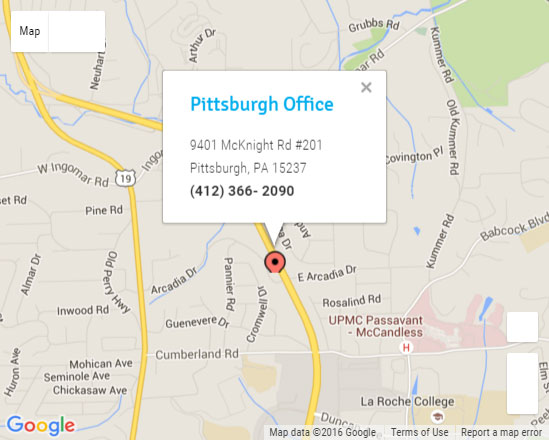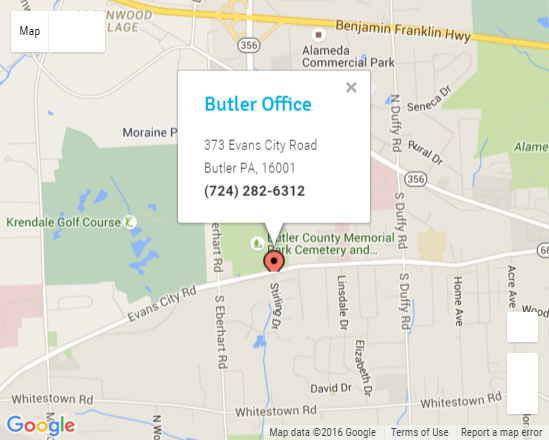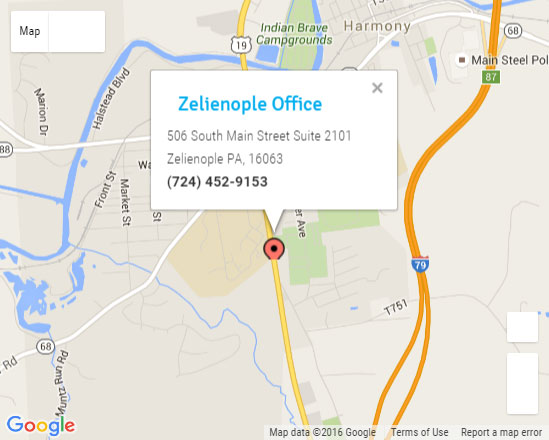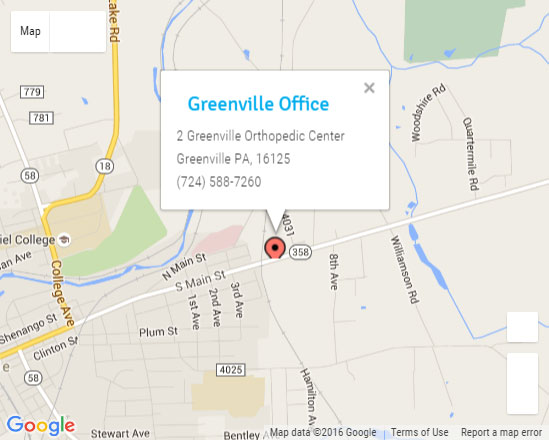Impacted Teeth Treatment in Pittsburgh, PA
Impacted Teeth
Your canine teeth are some of the most essential in your mouth. Also known as eyeteeth, our canines allow us to bite and chew with ease.
Canines are the sturdiest and have the longest root of any human teeth, which means they’re vital for keeping your jaw healthy. If your canines are unable to grow into your mouth, it can cause uncomfortable oral health problems in the future.
Learn more about why we try to expose impacted teeth during childhood in our patient-friendly guide.




